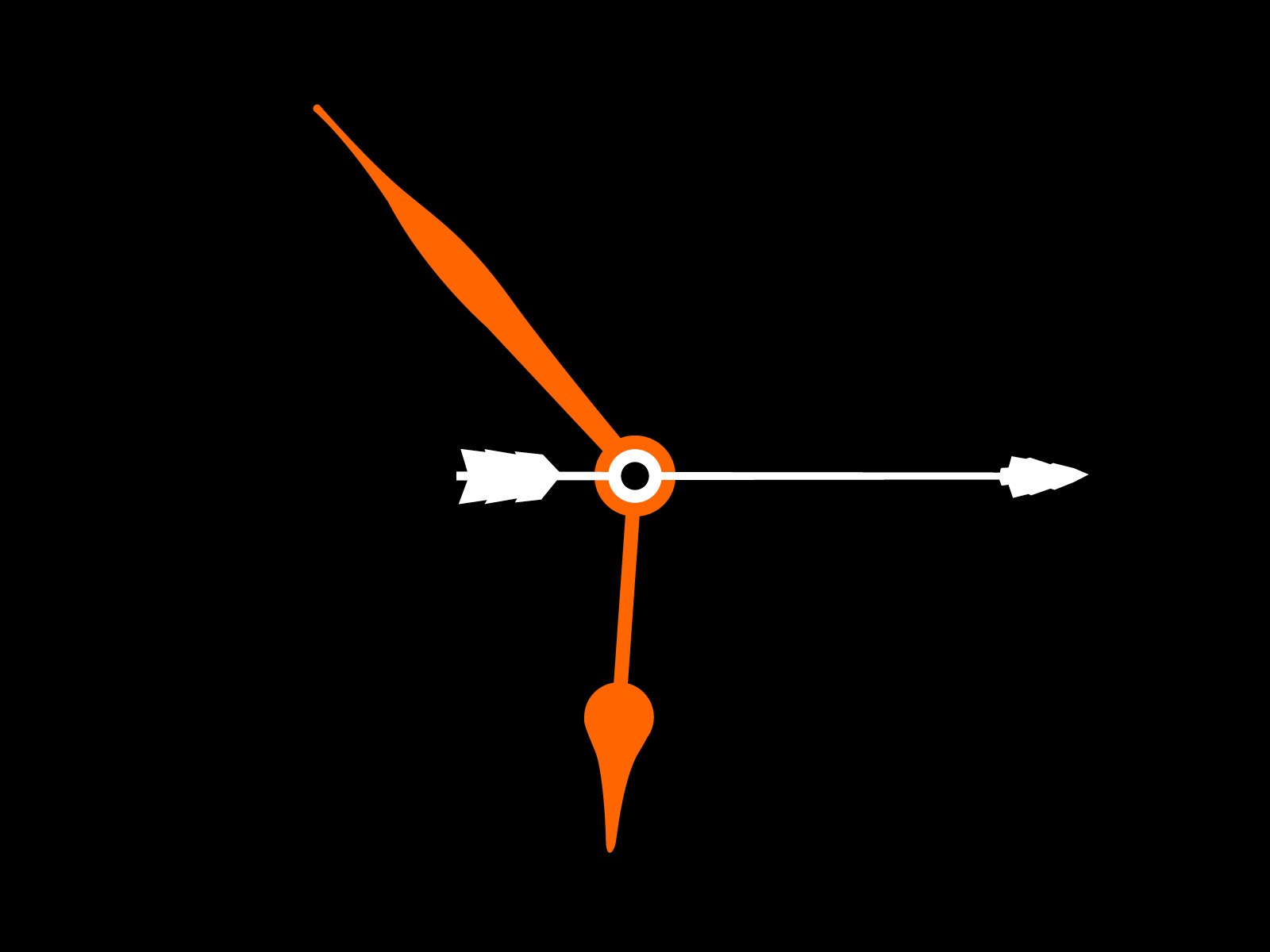TIME MIGHT ONLY EXIST IN YOUR HEAD. AND EVERYONE ELSE'S

Past. Present. Future.
In physics, they are all the same thing. But to you, me, and everyone else, time moves in one direction: from expectation, through experience, and into memory. This linearity is called the arrow of time, and some physicists believe it only progresses that way because humans, and other beings with similar neurological wiring, exist to observe its passing.
The question of time's arrow is an old one. And to be clear, it's not whether time exists, but what direction it moves. Many physicists believe it emerges when enough tiny particles—individually governed by the weird rules of quantum mechanics— interact, and start displaying behavior that can be explained using classical physics. But two scientists argue, in a paper published today in Annalen der physik—the same journal that published Einstein's seminal articles on special and general relativity—that gravity isn't strong enough to force every object in the universe to follow the same past»present»future direction. Instead, time's arrow emerges from observers.